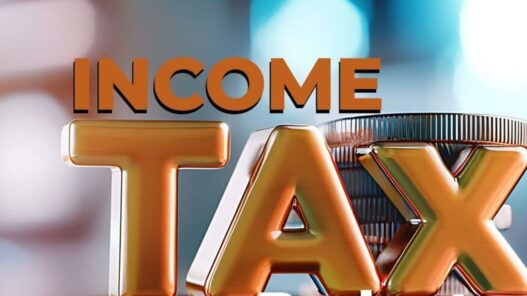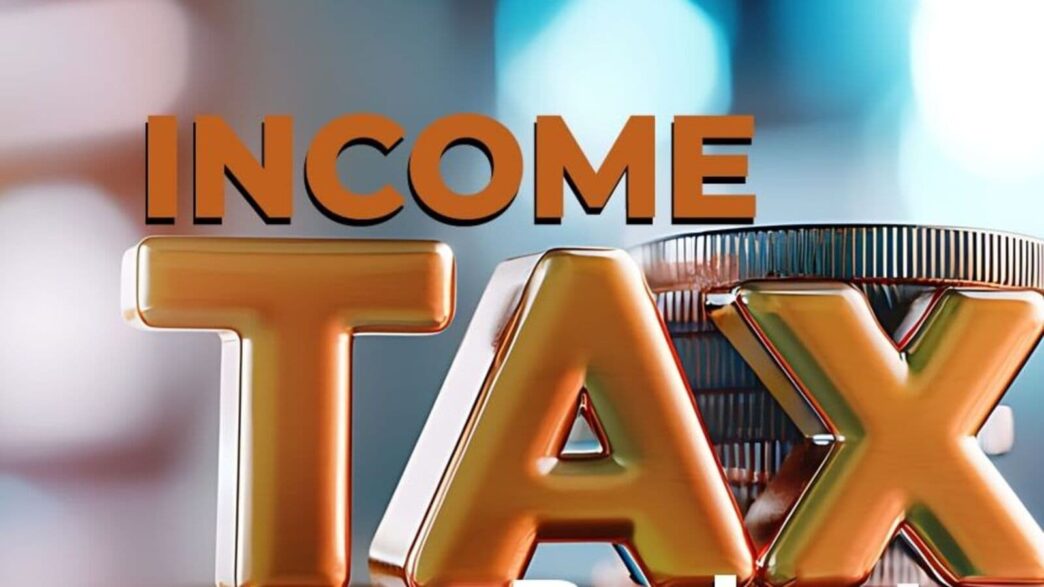The New Income Tax Bill, set to be presented in Parliament on Thursday, February 13, will span over 622 pages and aims to replace the six-decade-old Income Tax Act of 1961. The proposed legislation will be called the Income Tax Act 2025 and is expected to take effect in April 2026.
The proposed law replaces the term ‘previous year’ as mentioned in the Income Tax Act, 1961, with ‘tax year’. It also eliminates the concept of assessment year.
The Income Tax Bill, 2025 comprises 536 sections, 16 schedules, 23 chapters, and 622 pages.
Here is what the new Income Tax Bill says
Section 19: Deductions from Salaries
The income chargeable under the head “Salaries” will be computed after making deductions of the nature mentioned below, to the extent specified.
Tax on Employment: The sum paid by the assessee as a tax on employment, as per Article 276(2) of the Constitution, will be deducted in full.
New Income Tax Bill 2025 LIVE Updates
Standard Deduction: A standard deduction is available to employees, amounting to ₹50,000 or the salary, whichever is less in case of old tax regime.
New Tax Regime for Individuals and Others (Section 202)
“Irrespective of anything contained in this Act but subject to the provisions of Parts A, B and this Part the income-tax payable by a person, being— (a) an individual; or (b) a Hindu undivided family; or
(c) an association of persons (other than a co-operative society); or (d) a body of individuals, whether incorporated or not; or (e) an artificial juridical person referred to in section 2(77)(g), in respect of the total income for a tax year, shall, unless the person exercises the option in the manner provided under sub-section (4), be computed at the rate of tax given below:
Up to ₹4,00,000: No tax will be levied.
From ₹4,00,001 to ₹8,00,000: The tax rate is 5%.
From ₹8,00,001 to ₹12,00,000: The tax rate is 10%.
From ₹12,00,001 to ₹16,00,000: The tax rate is 15%.
From ₹16,00,001 to ₹20,00,000: The tax rate is 20%.
From ₹20,00,001 to ₹24,00,000: The tax rate is 25%.
Above ₹24,00,000: The tax rate is 30%.
Certain sections or schedules do not provide exemptions or deductions for computing total income, including income from house property and capital gains.
Capital gains
Any profits or gains arising from the transfer of a capital asset effected in a tax year shall, save as otherwise provided in sections 82, 83, 84, 86, 87, 88 and 89, be chargeable to income-tax under the head “Capital gains” and shall be deemed to be the income of the tax year in which the transfer took place.
Pension and Compensation Deductions
Pension Commutation: Commutation of pension received under the Civil Pensions (Commutation) Rules of the Central Government or similar schemes for civil services, defense, and other government services will be fully deductible.
Voluntary Retirement Scheme Payments: Payments received under a voluntary retirement scheme will be deductible, with a minimum amount of ₹5,00,000 or as specified by the Central Government.
New income tax bill
Last week, the Union Cabinet cleared the new income tax bill.
Sitharaman had said in her budget speech on February 1 that the bill will be soon introduced in Parliament.
“Over the past 10 years, our Government has implemented several reforms for convenience of tax payers, such as (1) faceless assessment, (2) taxpayers charter, (3) faster returns, (4) almost 99 per cent returns being on selfassessment, and (5) Vivad se Vishwas scheme. Continuing these efforts,I reaffirm the commitment of the tax department to “trust first, scrutinize later. I also propose to introduce the new income-tax bill next week,” she said in the budget speech.
Catch all the Instant Personal Loan, Business Loan, Business News, Money news, Breaking News Events and Latest News Updates on Live Mint. Download The Mint News App to get Daily Market Updates.
MoreLess












